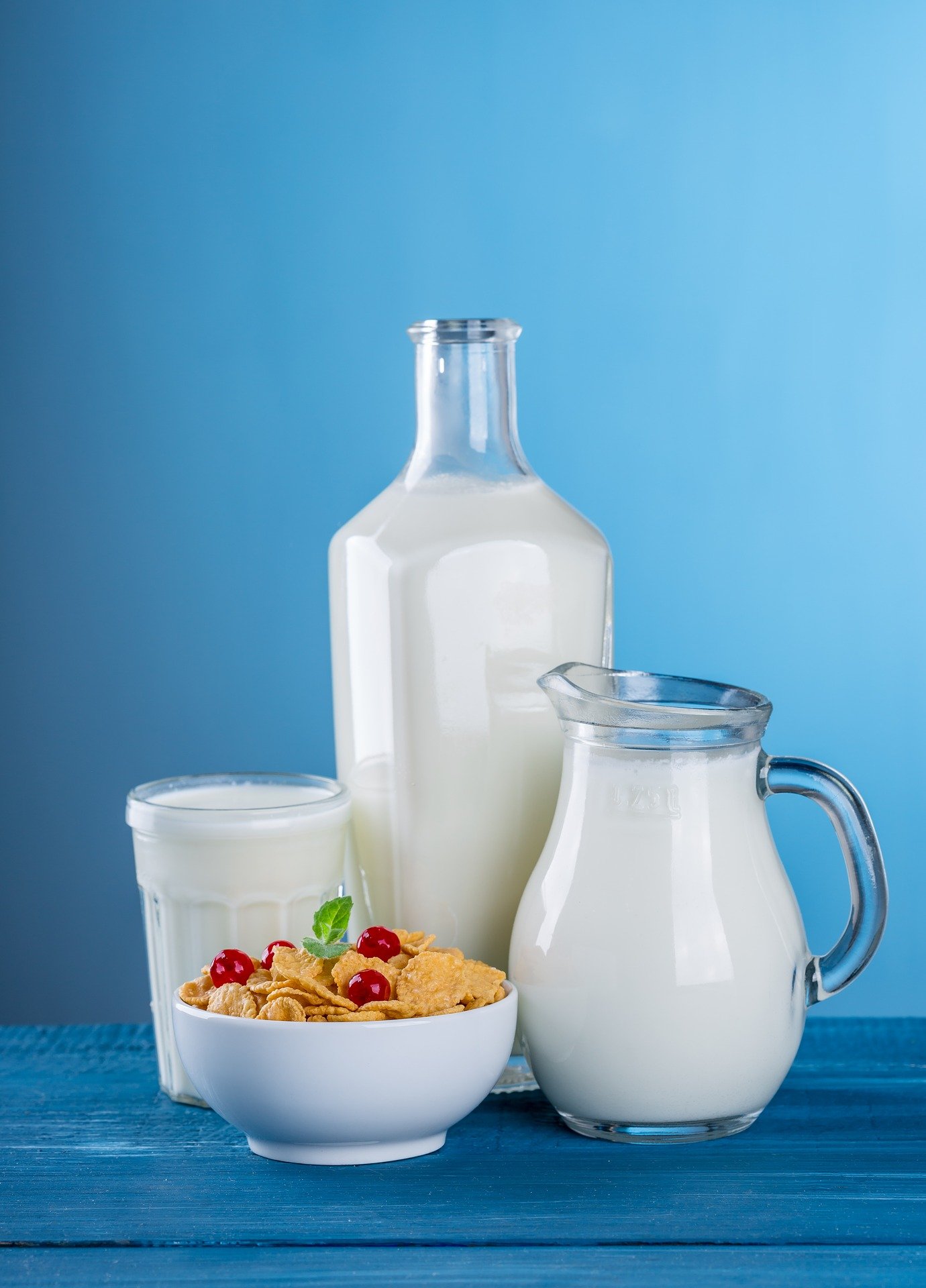Uses of beets (Beta vulgaris) and molasses (Saccharum officinarum)
June 12, 2022

After your gastrectomy, the way you eat and digest (break down) will change. Your stomach may be smaller or it may have been removed. This means you will feel full faster than before the operation. Also lactose intolerance can occur to you post surgery phase.
The valve that controls the transport of food from the stomach to the intestines may also have been removed or altered during surgery. This means you may be digesting food too quickly and not absorbing nutrients as well as you did before surgery.
After your surgery, your stomach will not be able to hold as much as it did before the surgery. Instead of 3 main meals, you need to eat 6 or more small meals per day. This will help you eat the right amount of food even if your stomach is smaller or empty. Tell your doctor and nutritionist if you’re unintentionally losing weight.
Dietary Guidelines
When you first start eating, you may only be able to comfortably eat a ½ to 1 cup serving (serving) at a time. Other people may need to follow a 6 small meal diet. So you can eat enough solid food without getting too full. Good sources of protein include eggs, meat, poultry, fish, nuts, milk, yogurt, cottage cheese, cheese, peanut butter, and tofu. Avoid hot and spicy foods shortly after surgery.
Drinking Guidelines
Aim to drink about 8 to 10 glasses (8 ounces) of fluids each day. Avoid carbonated (soda) drinks if they make you feel full. Drink most of your fluids at least 1 hour before or 1 hour after meals. This will help you avoid bloating and prevent dehydration. Have no more than 4 ounces (½ cup) of fluids with your meals.
Vitamin B12
If a large part of your stomach was removed during surgery, you may need to take extra vitamin B12. You can get vitamin B12 as an oral supplement (such as a pill) or as a monthly injection. You will also need other vitamin and mineral supplements. If you need them, your doctor or clinical nutritionist will speak to you.
Food intolerance post surgery
You have a food intolerance if you feel unwell or have unpleasant symptoms after certain foods or drinks. After surgery, you may experience some food intolerances that you didn’t have before surgery.
Sugar Intolerance
Some people have cramps, abdominal pain, or diarrhea (loose or watery stools) within 20 minutes of eating foods or drinks high in sugar. Eating too much at once can also cause dumping syndrome. This happens because your body releases extra insulin after you eat large amounts of sugar. Avoid foods and drinks high in sugar, such as Sugary soft drinks. Eating too much can cause loose stools or diarrhea.
Fat Intolerance
Some people have trouble digesting large amounts of fat. Try eating small amounts first, and then slowly increase the amount of fat in your diet. High-fat foods include: butter, margarine, and oils mayonnaise creamy salad dressings. If your bowel movements (poop) smell worse than normal, or are pale, greasy, or floating, you may not be digesting fats well. these symptoms, talk to your doctor or an ambulatory clinical nutritionist. You may need medication to help digest fat.
Lactose intolerance
Lactose is a type of sugar found in milk or milk products. Milk, ice cream, and soft cheeses have high amounts of lactose. If you have any of the symptoms of lactose intolerance, you can still eat foods with lower amounts of lactose. Pay close attention to how you feel after eating dairy along with other non-dairy foods.
Dealing with Common Problems
The following are common problems after gastrectomy. Keeping a food journal and writing down any symptoms or problems you are having can help you figure out why problems are occurring. You can use the blank food and drink journal at the end of this resource. If the following tips don’t help, talk to your clinical nutritionist, nutritionist, or doctor.
Tips to combat nausea
Avoid rich, spicy or greasy foods. Try to put your fork down between bites. Don’t eat or drink too much at once.
Tips for controlling satiety
Don’t eat or drink too much at one time. Try to put your fork down between bites. in good time so that they are available quickly. Avoid carbonated drinks (like sodas and bottled water). Avoid vegetables that can cause bloating (like broccoli, cauliflower, cabbage, onions, Brussels sprouts, and beans).
Diarrhea Management Tips
Avoid sugar alcohols like sorbitol and mannitol. These are often used in chewing gum, sweets, cough drops, dairy desserts, glazes, cakes and more.
Often whilst one stories signs and symptoms of malabsorption, fitness specialists advocate a low lactose diet. While a few humans might also additionally turn out to be lactose illiberal after their gastrectomy, it’s miles crucial to keep in mind that everybody is exceptional and a few humans do now no longer revel in lactose intolerance. Do now no longer count on that you may be routinely lactose illiberal after your gastrectomy.
Dairy merchandise are regularly an clean manner to get protein and different vitamins at a time ingesting wholesome can be a challenge. Avoiding them unnecessarily might also additionally make it greater hard to devour a nutrient dense diet. Remember too that a few sufferers who’re lactose illiberal are nevertheless capable of tolerate small quantities of lactose in addition to yogurt and a few cheese.